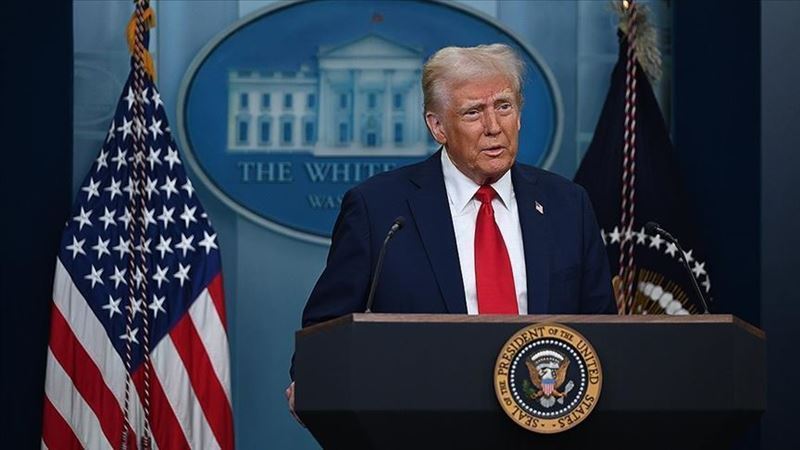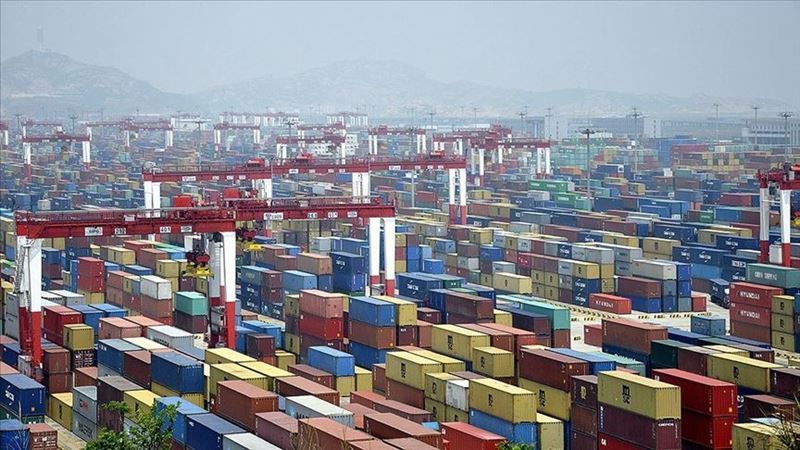The Financial Stability Oversight Council has released a new 133-page report on climate-related financial risks.
In the report, climate change was defined as an emerging and increasing threat to the financial stability of the United States.
In the report, which draws attention to the fact that climate-related events bring significant costs to the economy, it was repeated that the USA made a commitment to reduce its greenhouse gas emissions by 50-52% compared to 2005 levels by 2030 and set a net zero emission economy target by 2050.
The report noted that greenhouse gas-intensive sectors such as energy, transportation, manufacturing and agriculture must undergo significant structural changes.
It was emphasized that it is the Council's responsibility to ensure the resilience of the financial system against climate-related financial risks, pointing out that these changes will require technological innovations and complementary policy actions that encourage the transition to low greenhouse gas production methods.
US Treasury Secretary Janet Yellen stated that climate change is a growing threat to the US financial system and that action is needed.
Stating that the council's report and recommendations represent an important first step towards making the financial system more resilient to the threat of climate change, Yellen noted that the measures to be taken will help the financial system support an orderly, economy-wide transition towards a net zero emissions target.
The USA Federal Reserve (Fed) Chairman Jerome Powell also pointed out that climate change poses significant challenges for the global economy and financial system.
Stating that the Fed will deal with climate-related risks analytically with rigor, transparency and cooperation, Powell said that they will continue to identify the links between climate change and financial stability.











Comments
No comment yet.